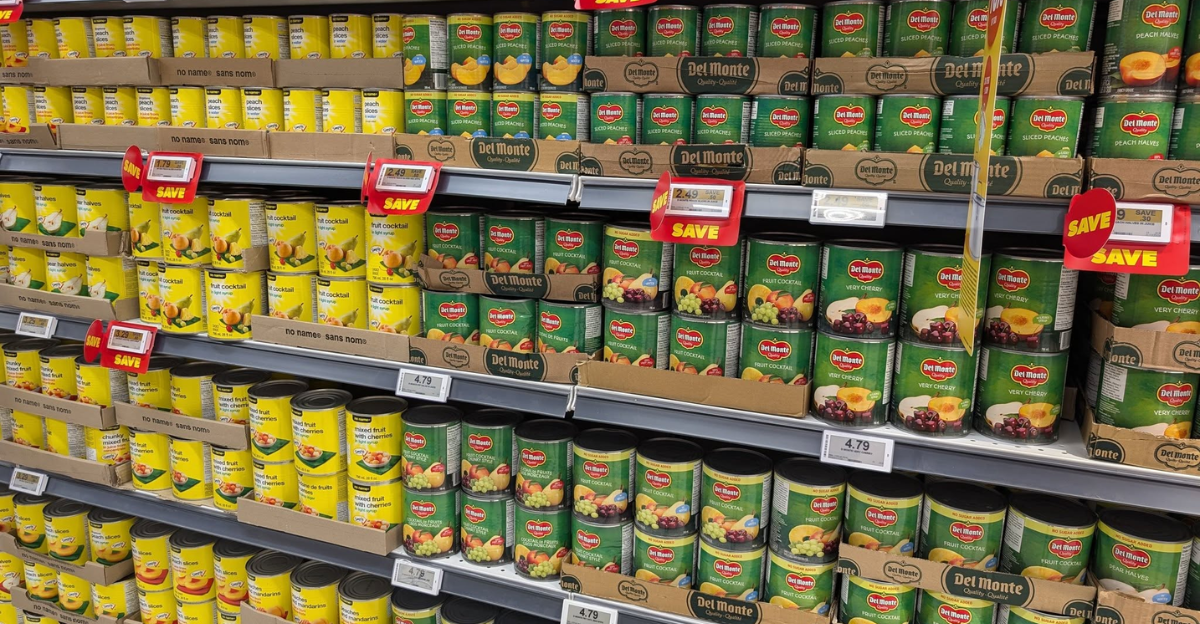
In late July 2025, a nationwide recall was issued by the US health authorities for a widely sold fruit product that is potentially contaminated with lead and cadmium. These toxic heavy metals can cause serious health problems, especially to young children and pregnant women.
What Products Were Recalled?
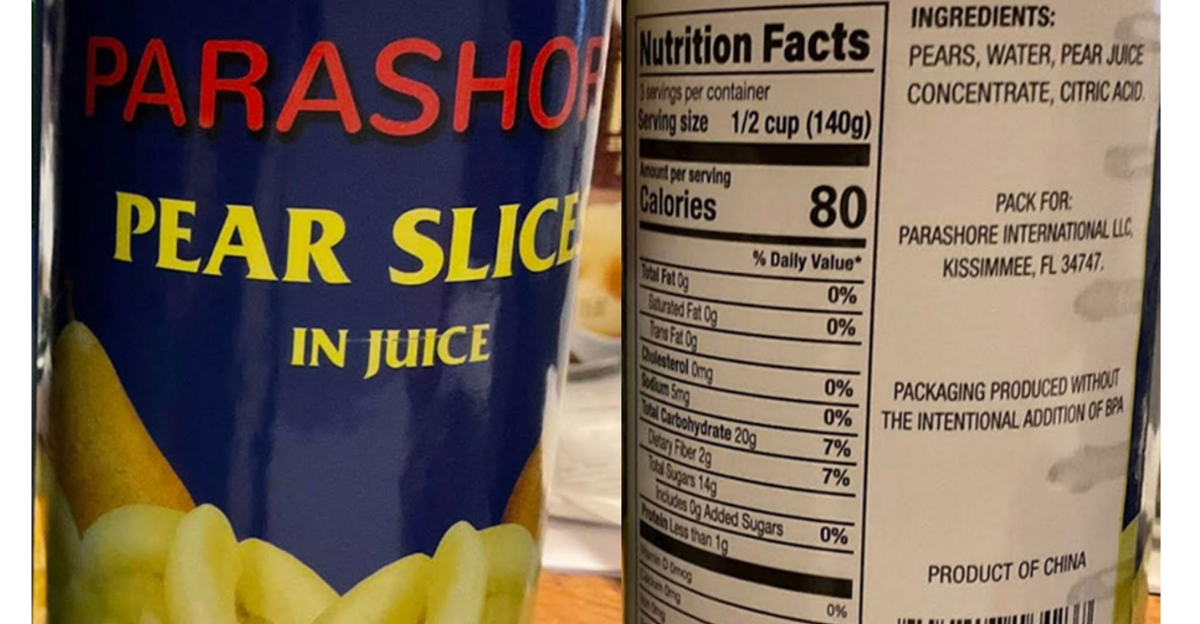
The affected product is Parashore Pear Slices in juice. The Food and Drug Administration is working with state health departments in order to urge consumers to stop buying or consuming the product immediately, and instead return it or discard it. Although no illnesses had been reported when the announcement was made, public health officials pointed out that exposure to even low levels of heavy metals can lead to long-term consequences.
More Details On The Product
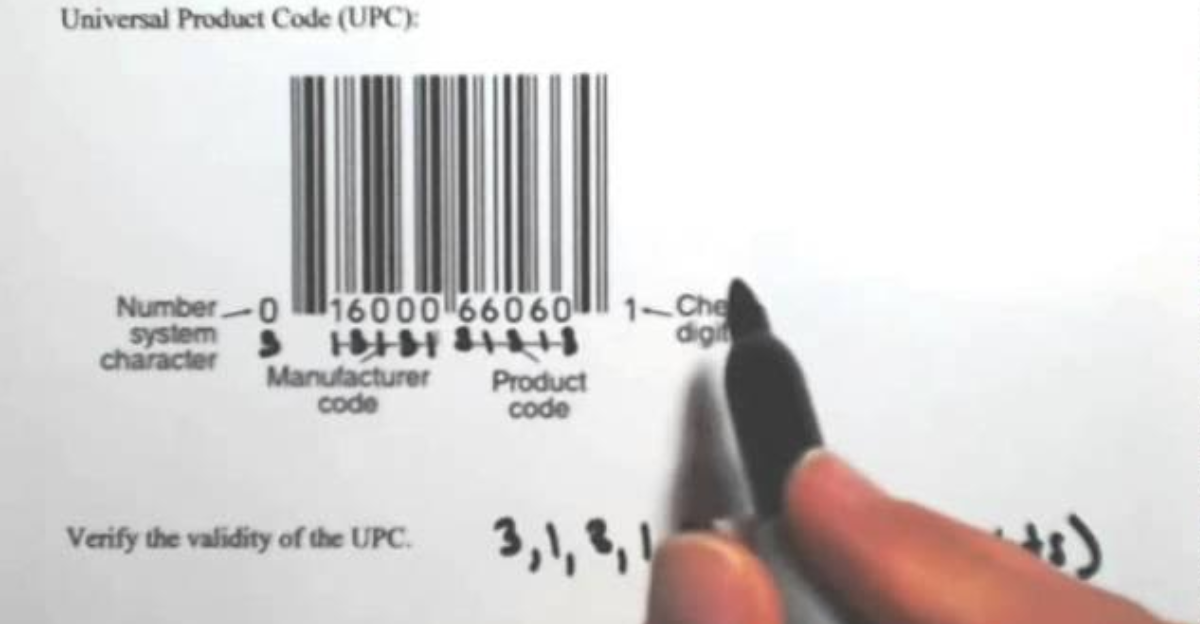
The recall involves 15-ounce cans of Parashore brand Pear Slices in juice packaged by WW Industrial Group. The specific batch was identified by lot number 3700/01172 6122J and was produced on February 19, 2024, with a best-by date of February 19, 2027. The UPC number on the cans was 704817164237, and the product was sold in many US states through Grocery Outlet stores, particularly in California. Consumers who are considering discarding the product should dispose of it safely in a sealed trash can.
How The Contamination Was Discovered
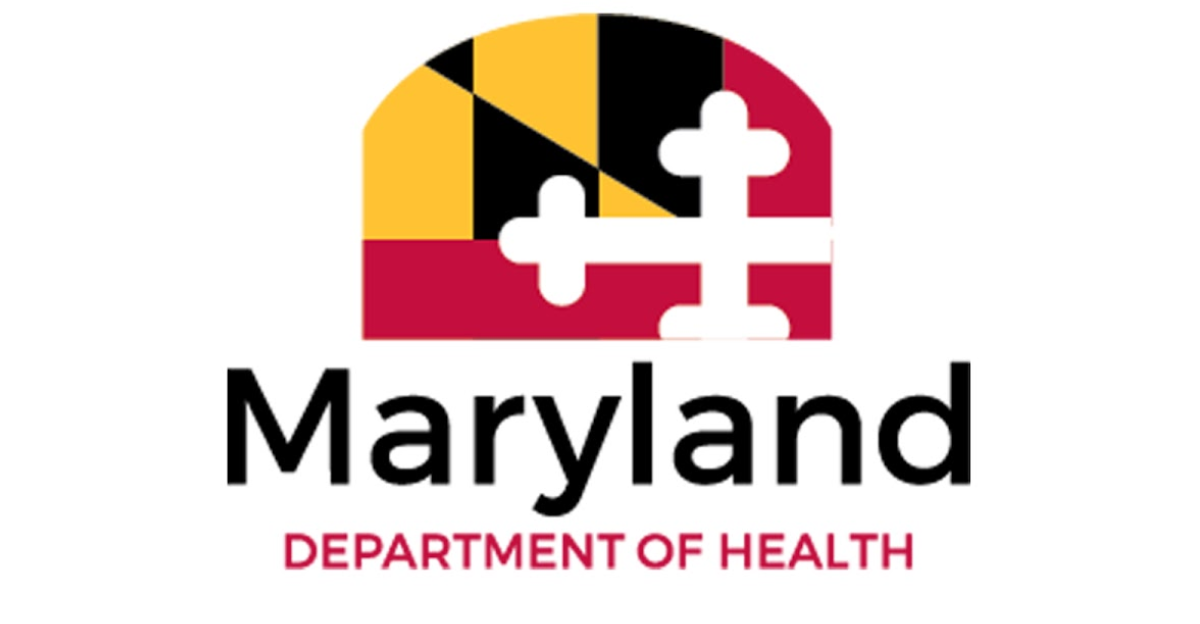
The dangerous contamination was identified during routine testing by the Maryland Department of Health as part of the FDA Laboratory Flexible Funding Model program. This program gives states the ability to sample and analyze food items randomly for compliance and safety. It was a sample of the Parashore Pear Slices from that lot that tested positive for elevated levels of lead and cadmium. Neither of these substances has a recognised level of safety in food, especially when they are ingested repeatedly. That is why these findings triggered coordinated action, including a voluntary recall by the manufacturer.
The Health Risk of Lead And Cadmium

Lead and cadmium are both known to be toxic heavy metals that can damage almost every body system. Symptoms of exposure may include abdominal pain, vomiting, lethargy, irritability, neurological disturbances, seizures, or coma. Regarding children, even if no immediate symptoms appear, Repeated or prolonged exposure is highly concerning and can potentially lead to reduced IQ, impaired growth, developmental delays, and behavioral or mood changes. High doses of cadmium can also harm kidneys and weaken bone structure, while lead can cross the placenta during pregnancy, thus causing direct damage to fetal development.
Who Manufactured And Distributed The Product

The company that packaged and distributed the canned pears is WW Industrial Group Inc. based in New York. After the findings, the company issued a voluntary recall and committed to identifying as well as removing the affected product from retail shelves and consumer pantries. It is also continuing investigations in order to determine the cause.
Timeline Of The Recall
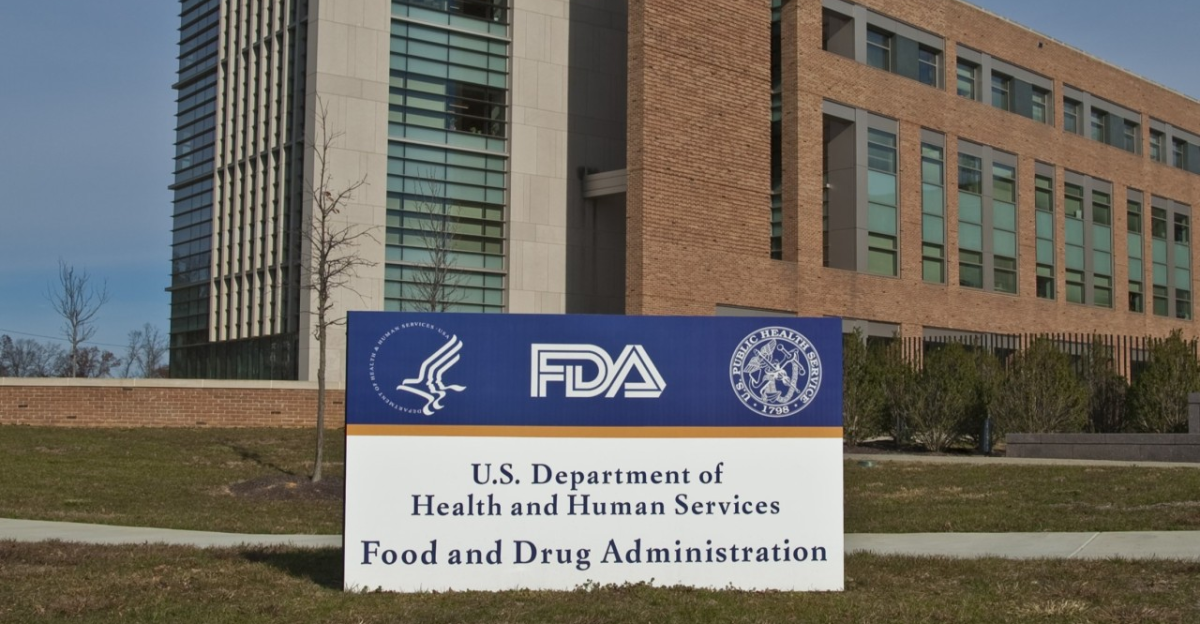
The contamination was discovered over a year later than the production of the implicated lot in February 2024. On July 23, 2025, the recall notice was formally published by the FDA and was listed in the FDA database for food and beverage products under contaminant recall entries. No illnesses or symptoms have been reported as of 07/22/2025.
Similar Cases Of Heavy Metal Contamination
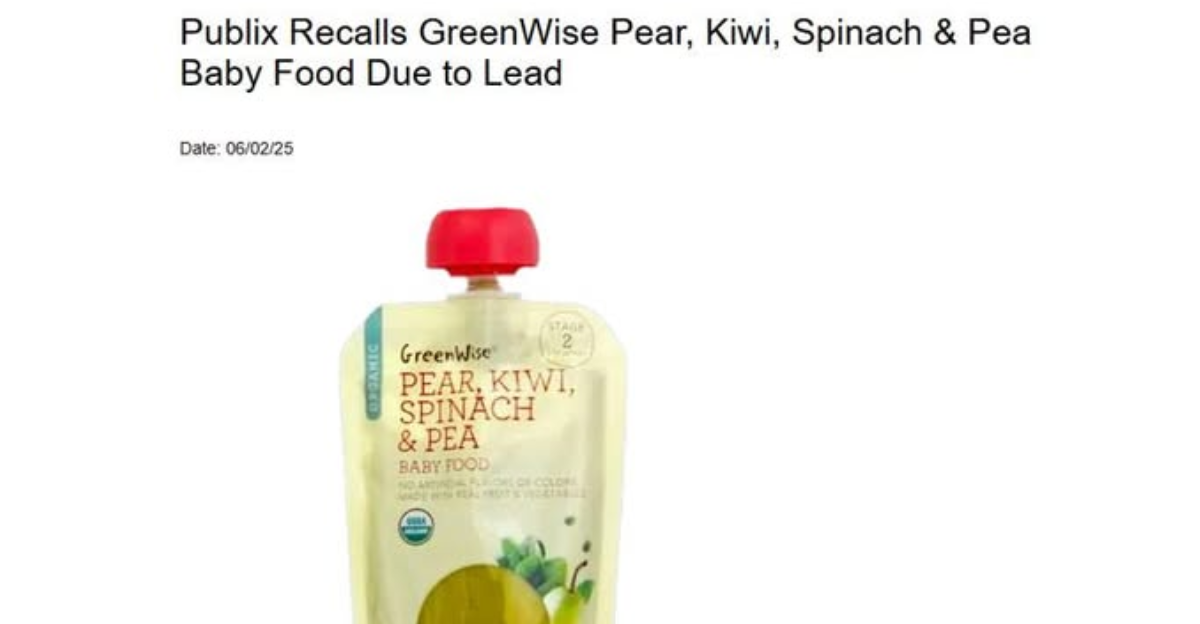
This is not the first time for an incident like this. In 2023, a recall was issued again when WanaBana apple cinnamon fruit puree pouches were found to contain extremely high levels of lead, affecting hundreds of children throughout the country. The contamination traced back to contaminated cinnamon from Ecuador. Another incident happened earlier in 2025 when Publix recalled Greenwise pear kiwi, spinach, and pea baby food pouches after findings of lead levels exceeding FDA guidance. These repeated incidents pose persistent challenges in global ingredient sourcing and highlight the need for final product testing to detect contamination risks.
The Role Of Regulation And Oversight
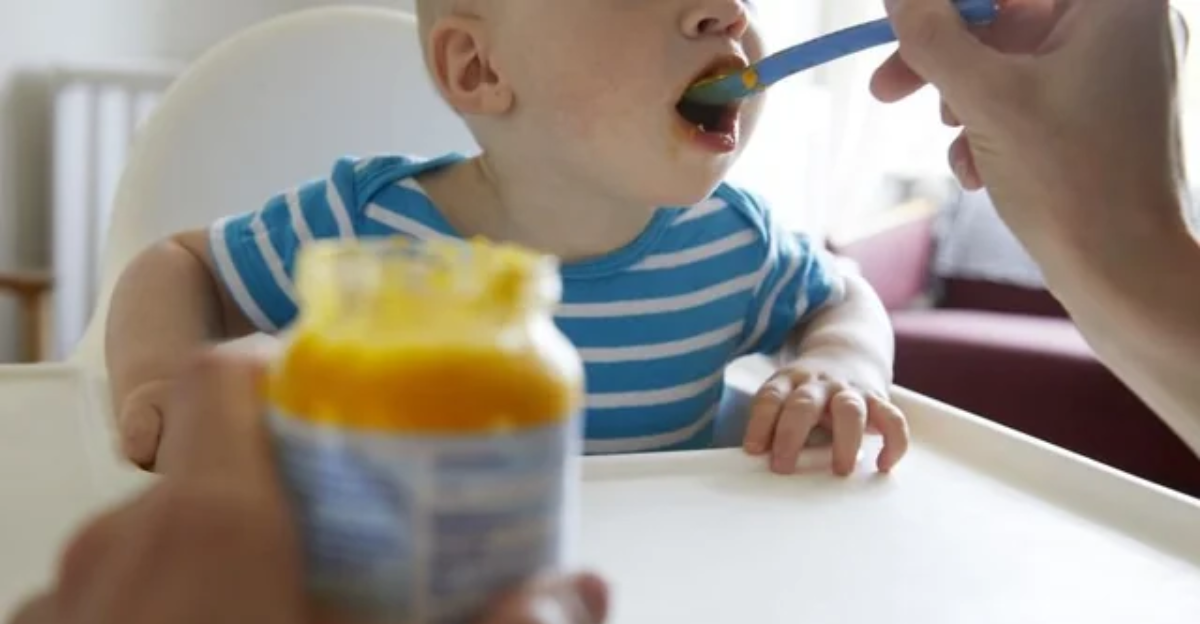
While the FDA’s Closer to Zero initiative intends to reduce heavy metal exposure in children’s diets, it does not authorize final product testing. Since contamination may occur after raw sourcing, many critics argue that ingredient testing alone might be insufficient. Legislators have suggested that the Baby Food Safety Act require stricter testing, final-product verification, and record-keeping. At the same time, advocacy groups are pointing out the importance of the use of accredited third-party labs by companies in order to test food products before distribution to reduce risk.
What Consumers Should Do Next
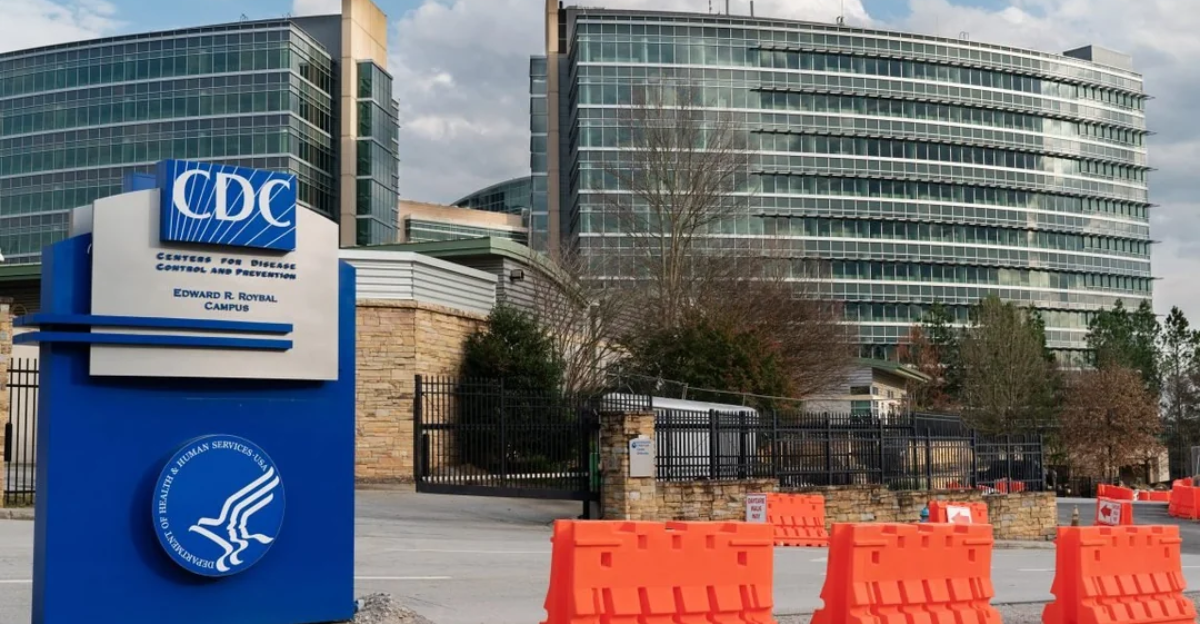
For now, consumers should check their homes for any cans labeled Parashore Pear Slices in juice that match the lot number and the best by date of the implicated batch. Anyone, especially children and pregnant people, who suspects consumption or develops symptoms like fatigue, abdominal discomfort, or behavioral changes should consult a doctor. The CDC and FDA strongly recommend lead testing if exposed, as early detection can minimize harm in the future.
